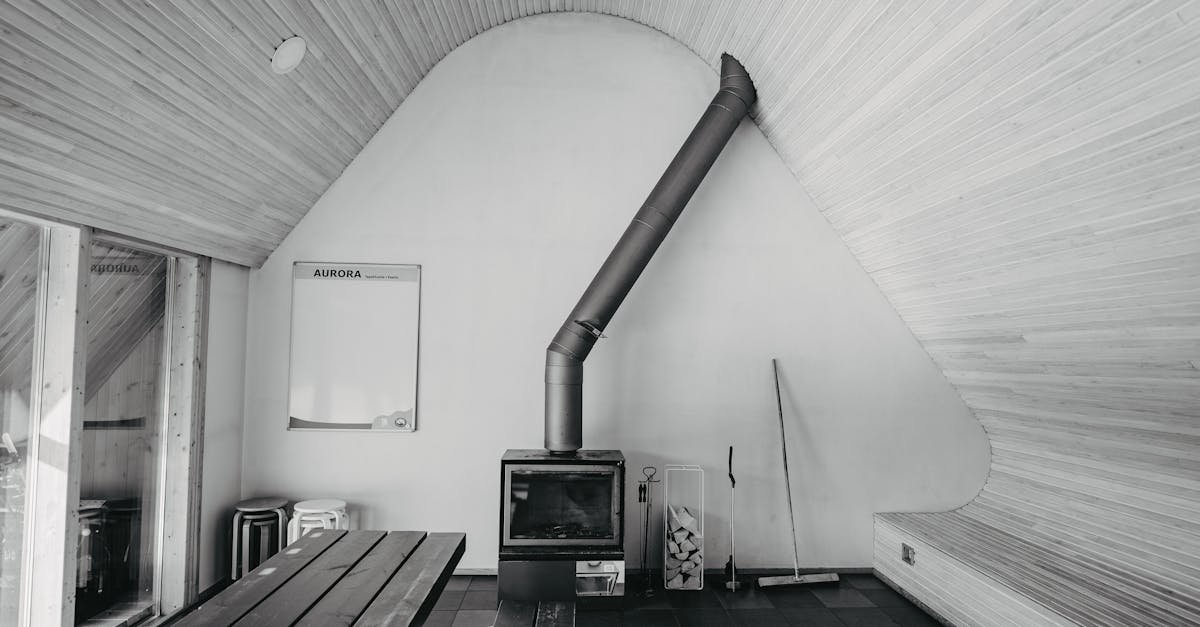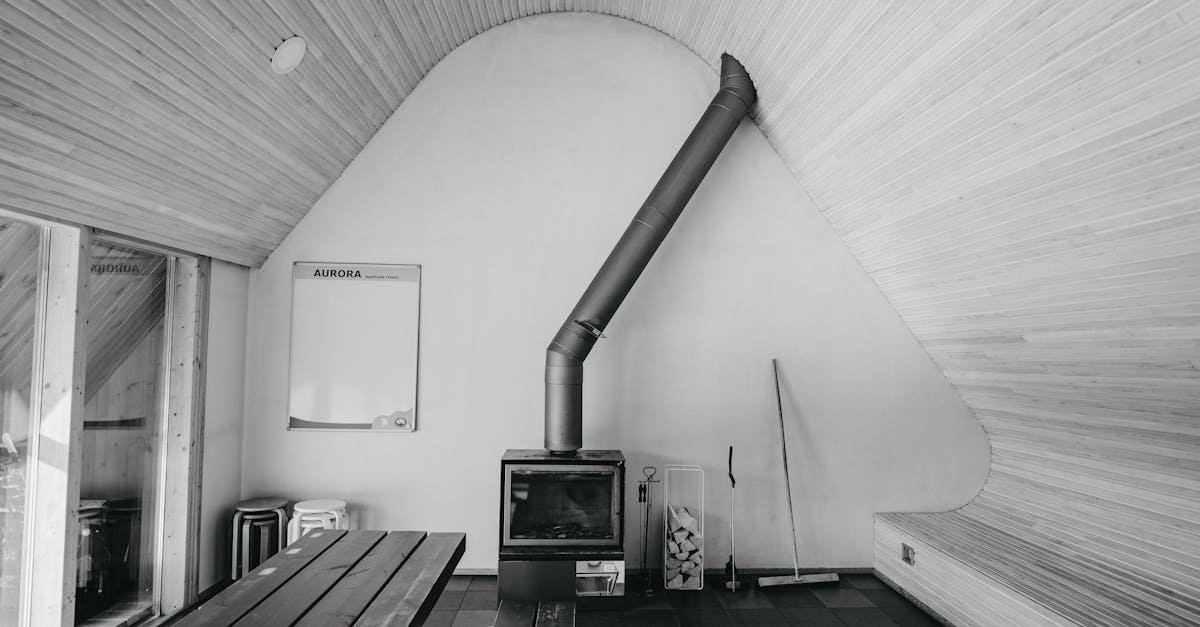When it comes to home heating options, you’ve got several effective choices. From traditional furnaces and heat pumps to modern electric heating systems and wood stoves, each option has its unique benefits and considerations. Choosing the right system depends on your budget, energy efficiency needs, and personal preferences.
Understanding the pros and cons of each heating method can help you make an well-informed choice. Whether you prioritize eco-friendliness, cost-effectiveness, or convenience, knowing your options will ensure your home stays warm and comfortable all winter long. Let’s explore the best home heating solutions that fit your lifestyle and needs.
Overview Of Home Heating Options
Home heating options vary widely. Each system provides unique benefits and challenges. Understanding these can help you choose the right one for your space.
Central Heating Systems
Furnaces
Furnaces rank among the most common heating systems. They run on natural gas, oil, or electricity. Their efficiency shines through as they convert fuel into heat with minimal waste. With proper maintenance, which includes regular filter changes, a furnace lasts 15 to 30 years. They use a forced air system, pushing heated air through ducts to warm your home.
Boilers
Boilers distribute heat using steam or hot water. Hot water systems are favored in modern homes due to their energy efficiency. Like furnaces, boilers can also last 15 to 30 years with ongoing maintenance and inspections. This longevity makes them a reliable option for heating.
Knowing these options equips you to make informed decisions for your heating needs.
Types Of Home Heating Systems
Heating your home effectively requires understanding available systems. Here’s a closer look at two primary types: central heating and space heating systems.
Central Heating Systems
Central heating systems distribute heat from one source throughout your home. Here are common types:
Furnaces
- Furnaces are popular central heating options. They run on natural gas, oil, electricity, or propane.
- Furnaces heat air by igniting burners that warm a heat exchanger. Heated air travels through ductwork to every room.
- Efficiency: Furnaces convert fuel into heat with minimal waste, making them an efficient choice.
- Lifespan: A well-maintained furnace lasts 15 to 30 years.
- Versatility: Furnaces adapt to various home sizes and layouts.
Boilers
- Boilers provide consistent warmth using steam or hot water.
- Hot water systems, known as hydronic systems, offer improved efficiency.
- Radiation Method: Boilers distribute heat through radiators, keeping rooms warm and comfortable.
Space Heating Systems
Space heating systems focus on heating specific areas rather than the entire home. Here are some common types:
Electric Heaters
- Electric heaters provide quick and easy warmth. They plug into standard outlets and work well for small spaces.
- Types include baseboard heaters, wall-mounted units, or portable models.
- Efficiency: They convert nearly all energy into heat, offering effective heating for specific rooms.
Heat Pumps
- Heat pumps are versatile systems that move heat in or out, depending on the season.
- They work efficiently for both heating and cooling your home.
- Types include air-source and ground-source (geothermal) heat pumps, both known for energy efficiency.
- Wood stoves offer a traditional heating option. They use wood as fuel to generate heat.
- They add charm and ambiance to a room while providing efficient heating.
- Many modern wood stoves meet strict emissions standards and can connect to existing heating systems.
Choosing the right heating system affects comfort, efficiency, and energy costs. Each type has benefits tailored to different needs and preferences.
Energy Efficiency In Heating
Energy efficiency plays a vital role in heating your home. It affects your comfort and your energy bills. Understanding how different systems work helps you make smarter choices.
Understanding Energy Ratings
Energy ratings show how efficiently a heating system works. Ratings like AFUE (Annual Fuel Utilization Efficiency) for furnaces or boilers indicate the percentage of fuel converted into heat. For example, an AFUE rating of 98% means 98% of fuel produces heat, while only 2% is wasted.
Look for ENERGY STAR® ratings too. These systems meet strict efficiency guidelines set by the U.S. Environmental Protection Agency. Choosing ENERGY STAR® certified products guarantees better performance and lower operating costs.
Benefits Of Energy-Efficient Heaters
Energy-efficient heaters offer several benefits:
- Cost Savings: Lower energy consumption leads to reduced utility bills, saving you money long-term.
- Environmental Impact: Efficient systems produce fewer greenhouse gas emissions, contributing to a cleaner environment.
- Comfort Levels: These systems heat spaces consistently, preventing cold spots and creating a cozy atmosphere.
- Longevity: High-efficiency units often last longer with proper maintenance, resulting in fewer replacements over time.
- Increased Home Value: An energy-efficient heating system can enhance your home’s resale value due to its appeal to buyers.
Investing in efficient heating options makes a difference in comfort and savings.
Considerations When Choosing Heating Options
Choosing the right heating system involves several key factors. You must evaluate costs, efficiency, and environmental effects.
Cost Of Installation And Maintenance
Cost plays a crucial role in your decision. Electric heat pumps offer a cost-effective option, particularly in areas with fewer than 6,000 heating degree days (HDD). Installation costs can be higher than traditional furnaces, but electric heat pumps save money on energy bills over time. In colder climates, combining these pumps with a backup fuel source reduces overall expenses. Maintenance costs tend to be lower for heat pumps due to fewer moving parts. Traditional furnaces vary in installation costs based on fuel type and efficiency ratings.
Environmental Impact
The environmental impact of your heating choice is significant. Energy-efficient systems, such as those rated with ENERGY STAR®, minimize greenhouse gas emissions. Choosing these options contributes to a healthier planet. For example, high-efficiency gas or electric furnaces reduce your carbon footprint while offering reliable warmth. Electric heat pumps also minimize environmental impact by utilizing renewable energy sources. Prioritizing energy efficiency benefits both your comfort and the environment, ensuring a sustainable choice for your home.
Conclusion
Choosing the right home heating option is essential for your comfort and energy efficiency. By understanding the various systems available and their unique benefits you can make a decision that aligns with your lifestyle and budget.
Consider factors like installation costs and energy ratings to find a solution that not only keeps your home warm but also saves you money in the long run. Investing in energy-efficient heating systems not only enhances your living space but also contributes to a healthier environment.
With the right choice you’ll enjoy a cozy winter while minimizing your energy bills and carbon footprint.








